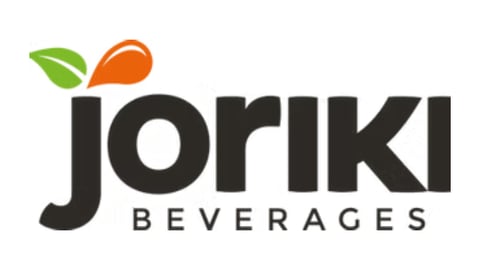Recalls will happen, but how they’re handled can make all the difference
While dealing with food recalls is standard practice for most Canadian grocery retailers, handling the aftermath of customer mistrust and misinformation gone viral can be a much bigger challenge. Summerhill Market, a long-time independent grocer in Toronto, experienced this first-hand last October when a listeria outbreak was linked to deli meat sold at its stores.
Summerhill president Brad McMullen says despite doing “everything by the book” when concerns were brought to his attention, he was blindsided at the final hour. “I took a phone call from Toronto Public Health at 4:45 p.m. on a Friday saying there would be a press release out at 5 p.m. that Summerhill Market has sold deli meat that may have listeria,” he says. “A 70-year-old business reputation gone in 15 minutes—completely out of our control.”
The next six hours were critical as he and his team scrambled to post messages on social media with the help of Duet Public Relations, in addition to doing a voluntary/internal recall on anything that may have touched the grocer’s deli slicer, as well as other products from the same supplier. McMullen says it cost Summerhill its entire sliced meat, cheese and smoked meat stock on shelves and in backstock across all six of its stores. “When the news headline has Summerhill Market and listeria in the same line, it doesn’t matter what you do right, that’s the only thing that will sit in customers’ heads,” says McMullen, adding that the real cost was in lost sales and reputation.
In Summerhill’s case, acting quickly and being transparent throughout its processes helped the grocer quickly rebound from a difficult situation, with deli sales returning to normal within a week or so, says McMullen.
But, the instinct of too many companies in the case of food recalls is to hide, says Caroline Spivak, founder of Profile Communications, based in Toronto. With some 25 years of experience in crisis management, she recalls instances where companies refused to publicly acknowledge a food safety issue or talk to the media. “One company went insular and didn’t even communicate with their own employees, which is absolutely the wrong thing to do,” she says.
In helping companies deal with major food safety issues over the years (including Maple Leaf Foods’ high-profile listeria crisis), Spivak says the best messaging revolves around three Rs: regret, reason and remedy. “Even if you don’t have all the facts, you have to come out and say you’re deeply sorry for potentially making anyone ill,” she says. Then, tell customers the reason behind the recall and the remedy undertaken to ensure the issue has been addressed.
Spivak also advises grocers to take time during the calmer periods to adequately plan for potential recall scenarios. This includes having a strategy and rapid response team in place, even developing press announcements and social media posts in advance that can be immediately deployed if another crisis hits. “Timing is everything, and your customers will forgive you if you come out immediately to say this has happened and this is the information we have today—and this is what we’re planning to do about it.”
READ: As climate change increases the risk of foodborne illnesses, transparency and planning is key
Sylvain Charlebois, a professor in food distribution policy and senior director of the Agri-Food Analytics Lab at Nova Scotia’s Dalhousie University, says it’s important consumers feel confident that Canada is still one of the world’s leading countries when it comes to food safety.
Charlebois says while the Canadian Food Inspection Agency is very good at issuing recalls, the government agency fails to tell Canadians when they’re over, which results in a lot of food waste. “Even if it’s only romaine lettuce from California in a recall, we know people going into a grocery store are going to avoid all romaine lettuce,” he says. “Perhaps we should get better at telling people we’ve managed the recall and gone through an investigation and now Canadians can go back to eating romaine.”
He says retailers doing the best job of promoting an optimal food safety culture are those creating workspaces where suppliers and their employees feel comfortable coming forward when issues arise. “I’ve toured facilities when management is around and when they’re not, and it can be two different worlds,” says Charlebois.
In cultivating good relationships with suppliers, he says it’s not just about sourcing products but knowing where suppliers’ ingredients are procured, too. “Then, if there is a recall of salt or sugar or whatever ingredient, as a grocer you’ll have a better sense of how that will impact your suppliers,” he says.
This article was first published in Canadian Grocer’s May 2025 issue.



